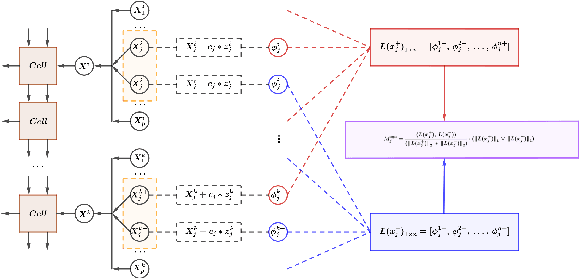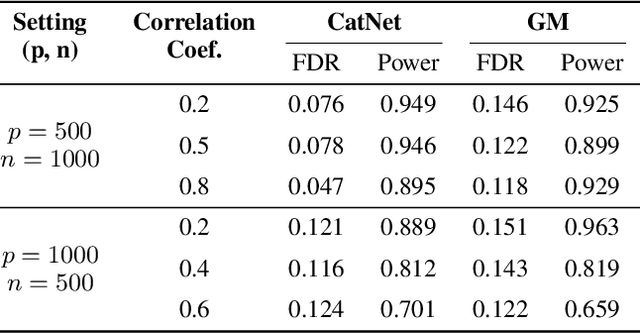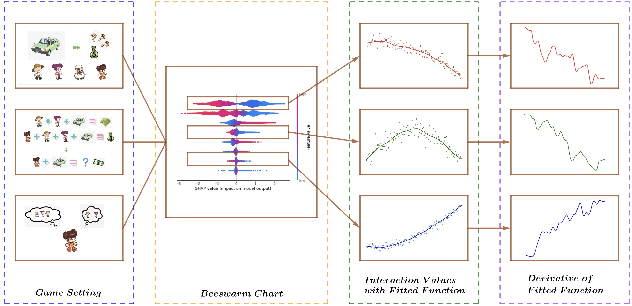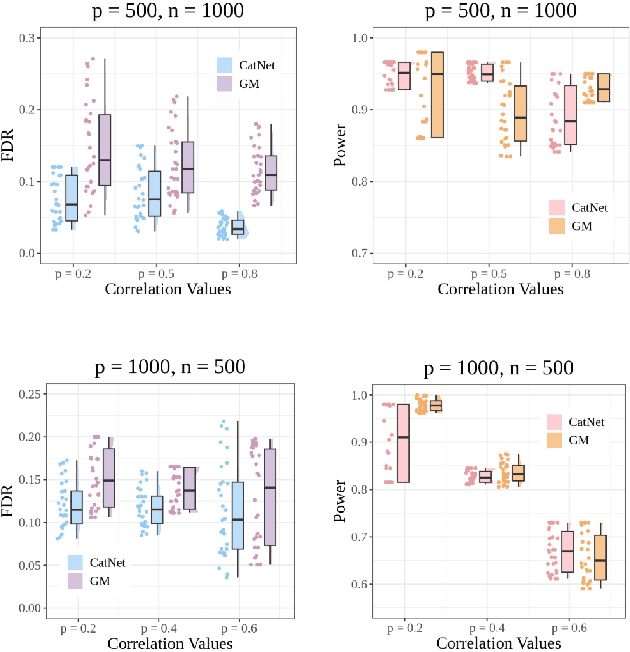Jiaan Han
CatNet: Effective FDR Control in LSTM with Gaussian Mirrors and SHAP Feature Importance
Nov 26, 2024



Abstract:We introduce CatNet, an algorithm that effectively controls False Discovery Rate (FDR) and selects significant features in LSTM with the Gaussian Mirror (GM) method. To evaluate the feature importance of LSTM in time series, we introduce a vector of the derivative of the SHapley Additive exPlanations (SHAP) to measure feature importance. We also propose a new kernel-based dependence measure to avoid multicollinearity in the GM algorithm, to make a robust feature selection with controlled FDR. We use simulated data to evaluate CatNet's performance in both linear models and LSTM models with different link functions. The algorithm effectively controls the FDR while maintaining a high statistical power in all cases. We also evaluate the algorithm's performance in different low-dimensional and high-dimensional cases, demonstrating its robustness in various input dimensions. To evaluate CatNet's performance in real world applications, we construct a multi-factor investment portfolio to forecast the prices of S\&P 500 index components. The results demonstrate that our model achieves superior predictive accuracy compared to traditional LSTM models without feature selection and FDR control. Additionally, CatNet effectively captures common market-driving features, which helps informed decision-making in financial markets by enhancing the interpretability of predictions. Our study integrates of the Gaussian Mirror algorithm with LSTM models for the first time, and introduces SHAP values as a new feature importance metric for FDR control methods, marking a significant advancement in feature selection and error control for neural networks.
 Add to Chrome
Add to Chrome Add to Firefox
Add to Firefox Add to Edge
Add to Edge